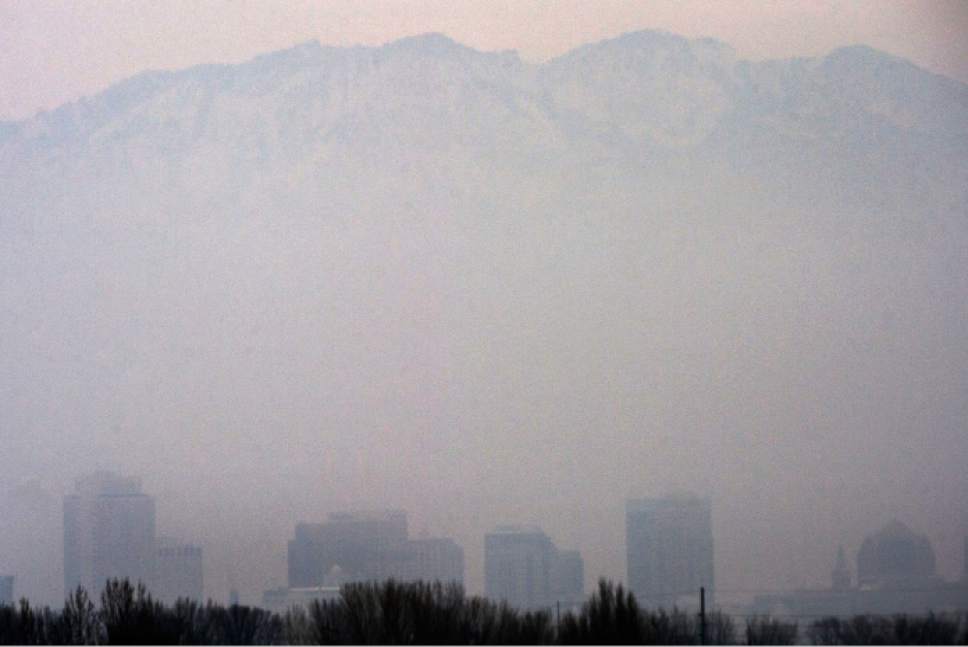This is an archived article that was published on sltrib.com in 2017, and information in the article may be outdated. It is provided only for personal research purposes and may not be reprinted.
With an administration and a Congress harboring so much hostility to the idea of even having a federal Environmental Protection Agency, the job of keeping our air and our water from killing us will likely fall to the states.
The Utah Legislature, in the session that ended last week, has taken a few steps in that direction. A couple of the more significant moves are piggy-backing on federal actions, but show how it is possible for the state to pick up whatever torch the feds may drop.
The biggest action in terms of money was that lawmakers passed a bill to earmark the state's share of EPA's settlement in the Volkswagen emissions fixing scandal — some $35 million — into programs that will reduce vehicle emissions in the state.
Given the fact that those emissions are one of the largest sources of our lung-scarring wintertime smog, that's the right thing to do.
The Legislature also adopted a bill to offer local refineries some tax breaks — maybe $4 million over the next couple of years — to churn out more of what the federal government calls Tier 3 fuels. This is a kind of gasoline that puts out much less of such serious pollutants as sulfur, nitrous oxides and volatile organic compounds.
Cynics may note that this is the kind of bill that wins votes in the Legislature because it is a tax break for big business, not because it improves our air. But, as neither the states nor the feds have to power to impose the Tier 3 standards on specific refineries, offering some incentive was the most obvious alternative.
It is disappointing that the Legislature had to be prodded so much to cough up a mere $1.3 million to fix the many aging and failed pieces of the state's air-quality monitoring system. And that, even with that money in hand, the network of monitoring sensors will not provide the kind of detailed, real-time information that would be needed to tell regulators, legislators and the public just what is in our air and where it comes from.
It was also too bad that the Legislature failed to replenish the Department of Environmental Quality's budget by the $123,000 it had to unexpectedly spend to deal with last year's toxic algae bloom in and around Utah Lake.
And it was basically insult to injury when the Legislature did pass a nonbinding resolution urging the state's various water managers to prevent that algae attack from happening again. Apparently by some means that doesn't cost any money.
The Legislature also killed House Bill 134, a measure that would have imposed the common-sense requirement that counties that now require emissions testing for gasoline-powered vehicles do the same for diesels.
Utah politics is dominated by folks who claim that the states can do a better job of regulation than can the federal government. While there is much left to be done on the environmental front, the 2017 Legislature showed a glimmer of potential in that regard.



